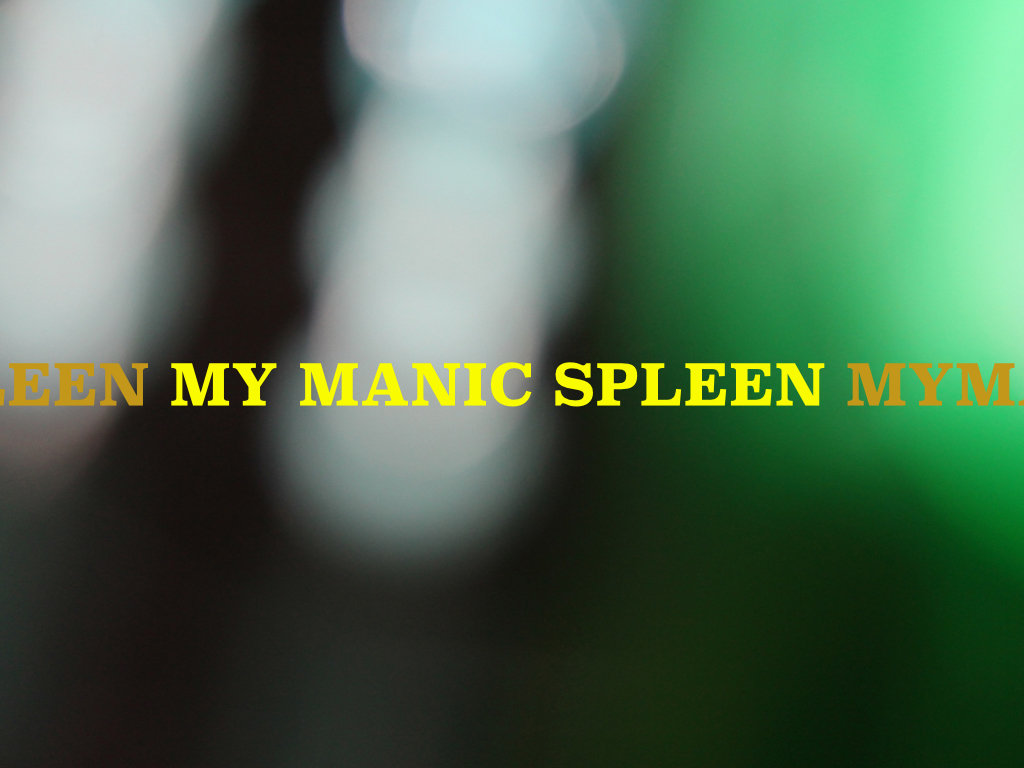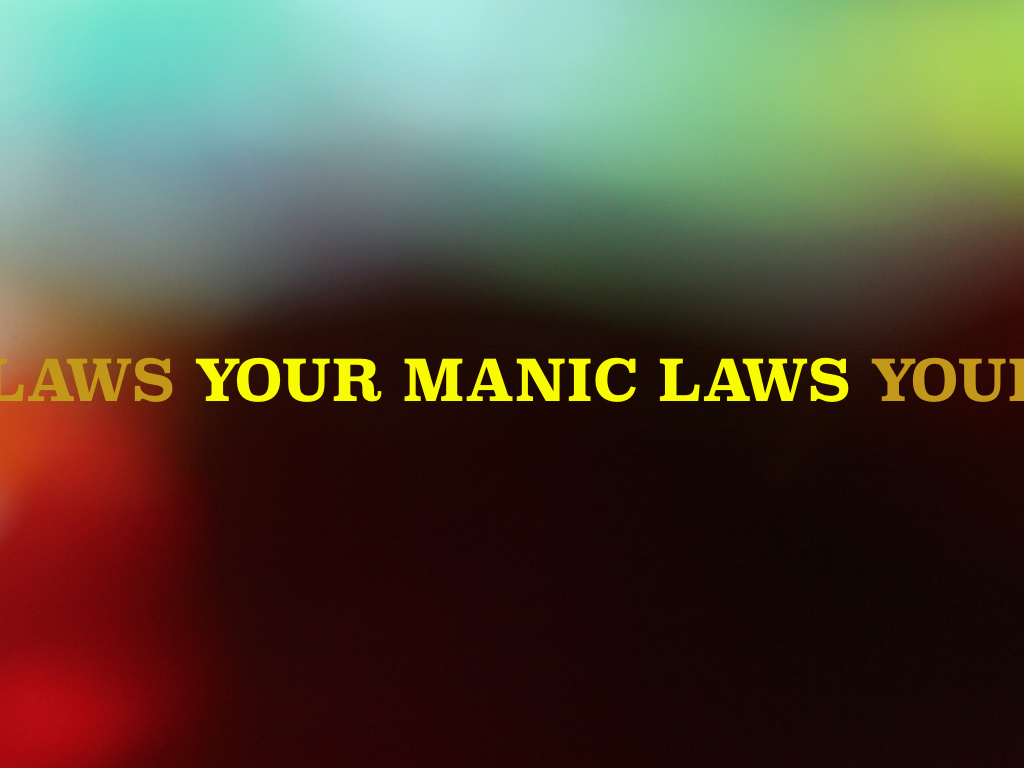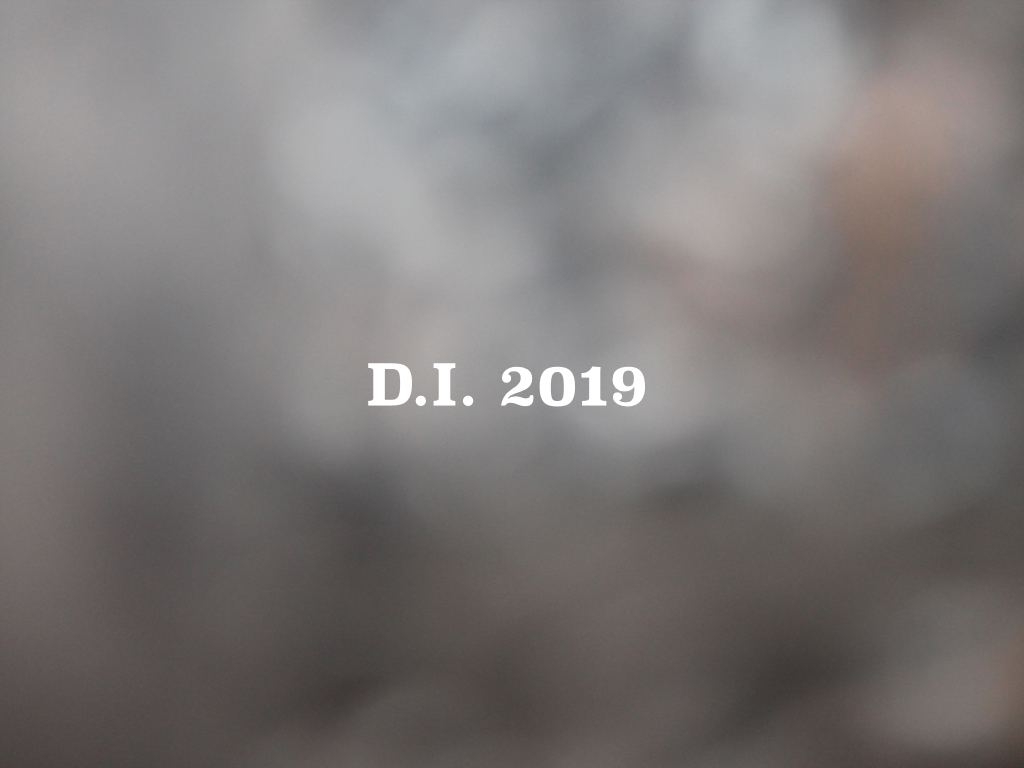Dimitra Ioannou is a poet, visual artist and the editor of A) GLIMPSE) OF), an independent Athens-based art magazine that seeks to "generate new narratives for the now". A) GLIMPSE) OF) began in 2009 as an experimental online publishing project based on the combination of sound, visual art and writing, which over the years grew into a printed magazine that is about to release its fourth paper issue. Working in experimental, hybrid forms is natural to Dimitra, whose expanded understanding of what images and words can do unlocks their power to penetrate and affect the minds of others.
In addition to her ongoing work for A) GLIMPSE) OF), Dimitra is the author of the experimental novella Soy Sea (Futura, Athens) and the radio-play How Poems-Cities, commissioned by the Onassis Cultural Centre in Athens. Her photographic work is equally evocative and poetic, and has been shown on her blog as well as in several exhibitions in Athens. In the following interview, Dimitra elaborates on her writing philosophy and its relation to other art forms; she has also created a visual poem specially for und. that runs along her interview.

As a writer and poet you constantly experiment with form, (printed) language and meaning-making. Is that your default state of mind—to queer the norm—or is it a conscious decision, an effort even?
To queer the norm is to get rid of norms altogether. Queer is synonymous with cracks, ruptures, witches, heretics, saboteurs, carers, and anti-stress. This is not the time for obedience (it never was). Hegemonic meanings must fall. They are occupying the psyche, the organs, the cells, and dragging us to the point of exhaustion. As the poet and essayist, Anne Boyer, states, “The exhausted are plastic and adaptable. They bend better and more to what is necessary for all their having been worn down.”
A few years ago, exhausted as I was, I wrote on my imaginary blog, Hot Athens, “And the stars, the black, eccentric stars, said: speak out, or else you're one of us.” I was one of them, which means that I could have easily been absorbed by repressions and restrictions, and eventually succumb to their overall policing. I choose not to. I was determined to make something out of the black, eccentric matter. So here I am.
My writing is guerrilla writing. My meanings are undermining the Fates. My language is made of plants, and bones. My experiments are total abandon and delightful paradoxes.
I particularly enjoy your hybrid forms, like for example your 'poem essays' and the text you wrote for Poisons, a recent exhibition by The Symptom Projects. What new is there to learn from allowing poetry infiltrate places where it normally shouldn't be in?
Thanks very much, Kiriakos. “The Same Toxicity” is an example of how poisons and literary characters, historical facts, individual interpretations and twitter feeds can coexist in the same text. If language is “the most sophisticated technology humanity has developed,” as the poet Andrea Brady asserts, then cross-genre writing is one of its most effective tools. I am all for feminist epic poetics, experimental sonnets, bilingual poetry, kinetic and/or visual poems, theory and dime novel in parallel narratives. Mixing disciplines and/or working across art forms is liberating. One of the things one can learn from that process is that monotonous spaces and dogmas are obsolete.
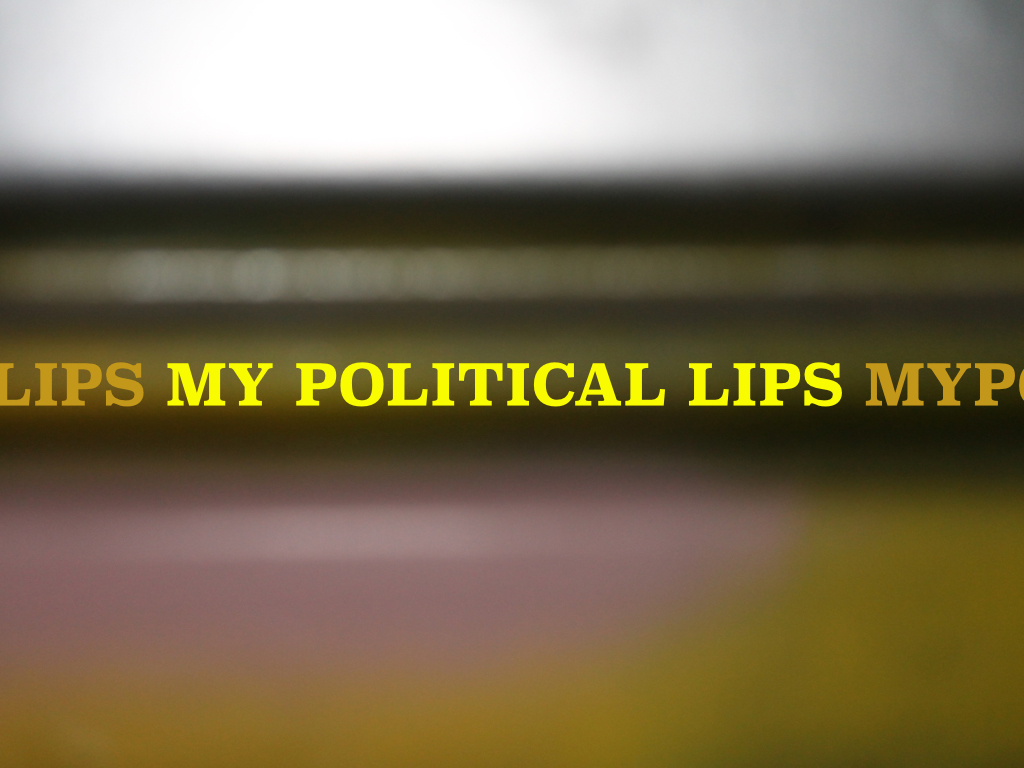
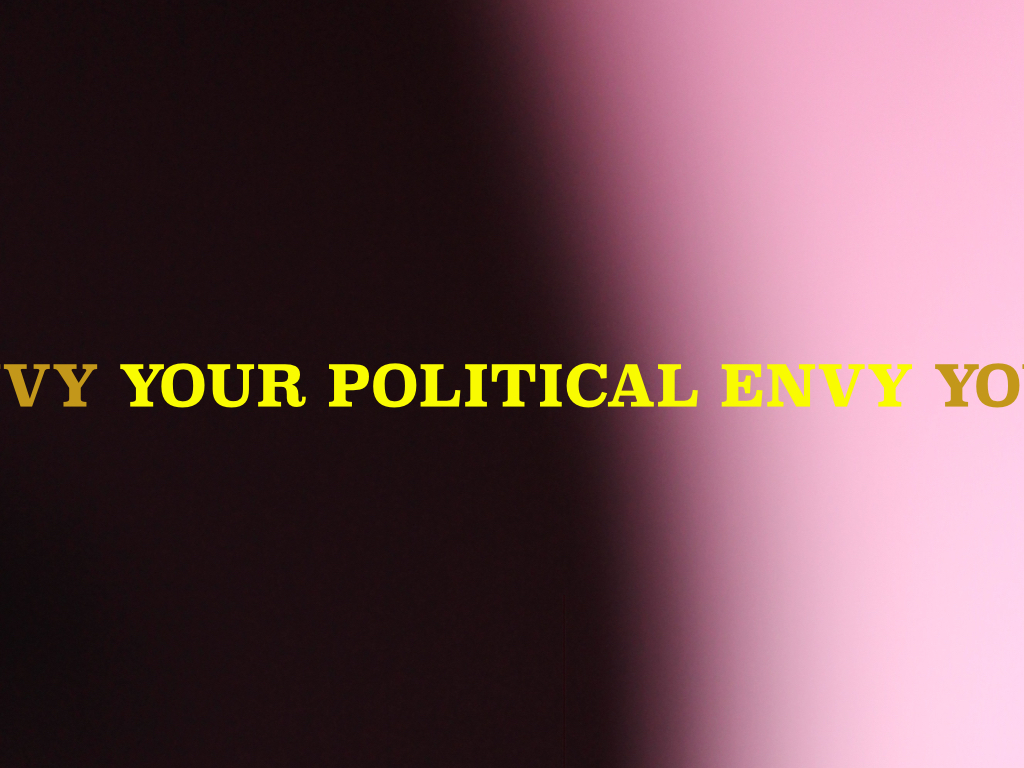
Since 2009 you have been editing A) GLIMPSE) OF), a journal that as you say brings together contemporary artists and writers to generate "new narratives for the now". Over the course of these ten years you have explored different modes of writing and visual art bleeding into each other, as if attempting to become the other. From this diverse experience as an editor and artist, have you discovered relationships between text and image that were new or important to you?
The now is not altogether new, so we need groundbreaking narratives (and magazines) that push boundaries, and claim the territories of meaning. Therefore, I am very much interested in the cross-pollinating between writing and the visual arts, or writing and sound art.
A) GLIMPSE) OF) was originally initiated as an experiment (how to link literary, visual and sound works through a linguistic game), and grew up organically. From “The Vanity Project” to the “Politics” online issues, contents were connected through words-links so as to create a rhizomatic field of creative expression and thinking.
As you so acutely noticed, I have being editing and curating A) GLIMPSE) OF), as a way not only to connect text, sound and image, but to see them merge, and affect one another. As for example, when I invited the artist Nina Papaconstantinou to create a work based on the poem “In Other Words” by Yoko Danno for the paper issue “From Mouth to Mouth.” The poem was originally written in English, and was translated into Greek. Nina took both the original and the translation, and changed the typeface. She made 6 different versions of each, that become more and more unintelligible.
I also find very interesting the unfolding of the online feminist Narrative in Progress that I co-edited with the poet Sarah Crewe a few years ago. “A Thing Like You And Me” collects works by contemporary writers, poets and artists from around the world. Each contributor was assigned a date so as to contribute to the narrative once a month with new or unpublished work.
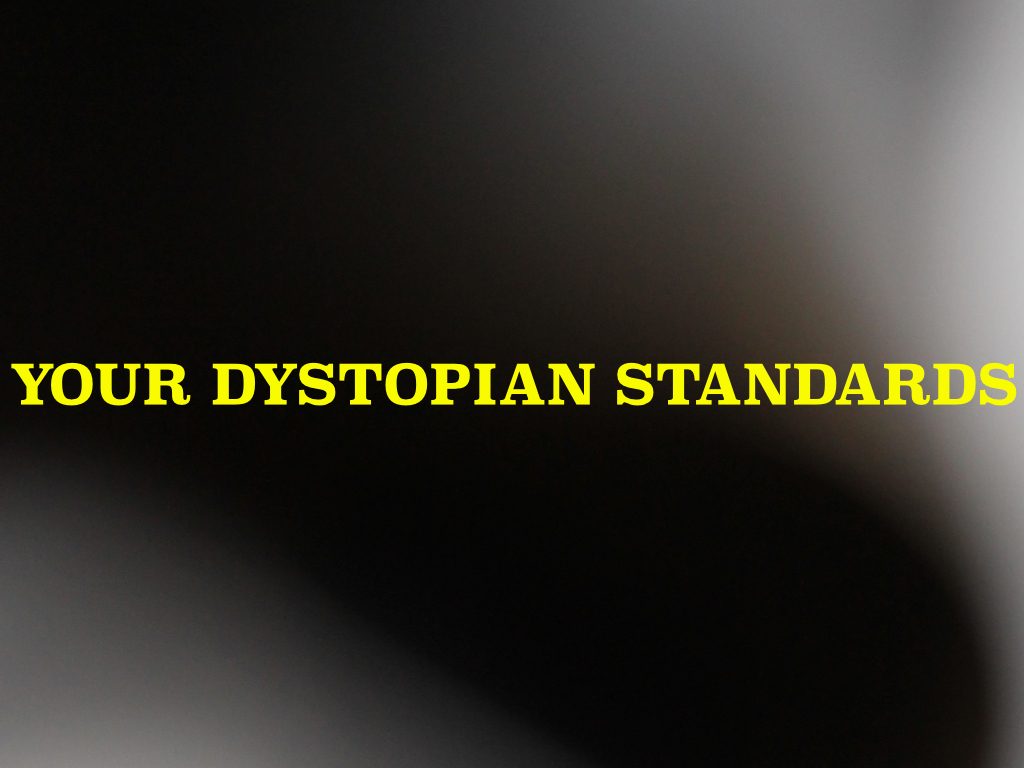
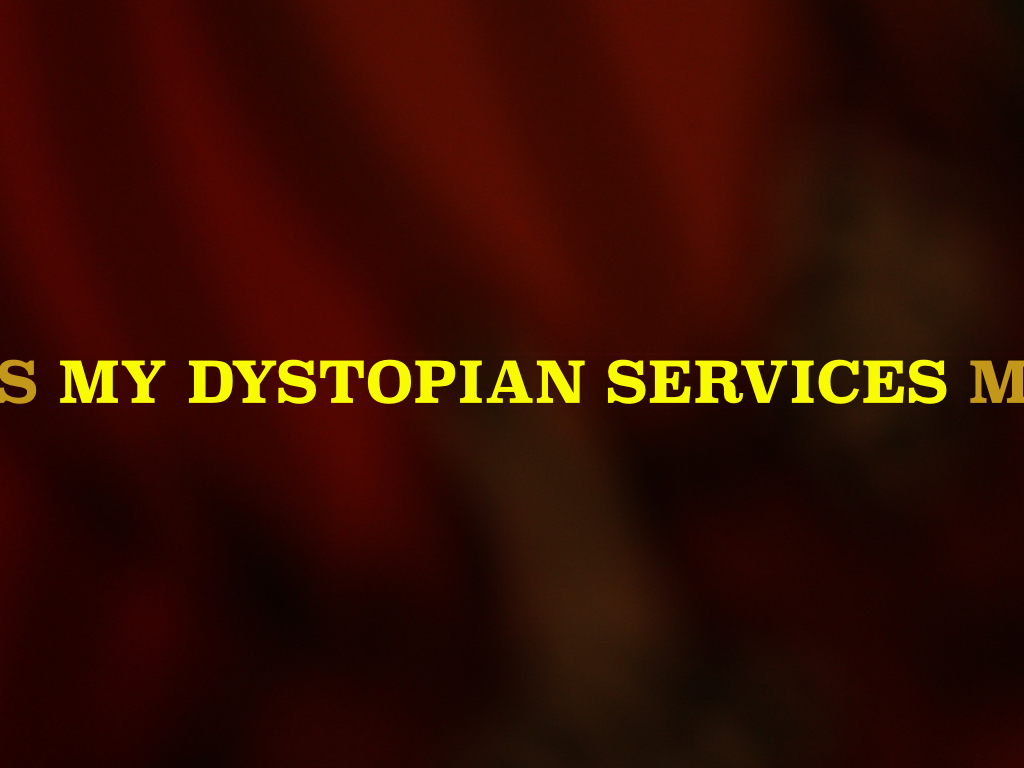
Let's talk about language and foreignness. How does it feel to be a Greek, living in Greece, writing in English? Do you believe Greek writing needs to redefine its relationship to non-Greek speakers and international audiences? What are the opportunities on that front, if any?
Actually, I don’t feel like a Greek. Being a foreigner, here and there and everywhere, is a deliberate decision. I always switched languages according to conditions and needs. Foreignness is usually defined negatively, as “not belonging,” but I think that “not belonging” has positive aspects. We don’t have to belong to one culture, one language, one nation. By moving from Greek into English and back into Greek, I question received ideas and patterns. Who defines what is familiar or not? What exists across borders? The English is a dominant language that carries within itself elements of an equally dominant one — in terms of etymology. I like their dynamic when they meet, and the ways the one can affect the other.
I’m very excited and honoured that the amazing Ugly Duckling Presse will be publishing my first pamphlet in 2020. In Electric Sarcasm, I explore Λanguage as a response to hegemonic things, and a need to articulate and concretise suppressed meanings.
I think that Greek writing needs to redefine its relationship to (non-)Greek speakers and international audience. In a political sense. In tune with the times. By talking out loud. Beyond stereotypes. By addressing recent and old collective traumas. By building layered narratives. By occupying the Greek psyche; in a feminist manner.
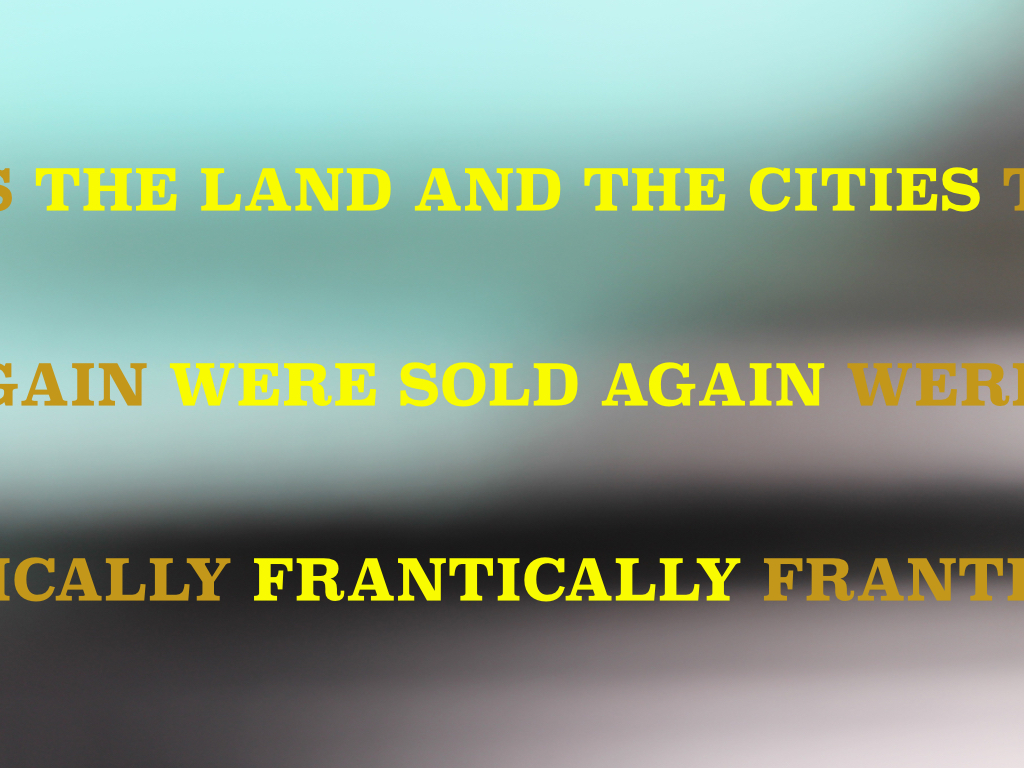
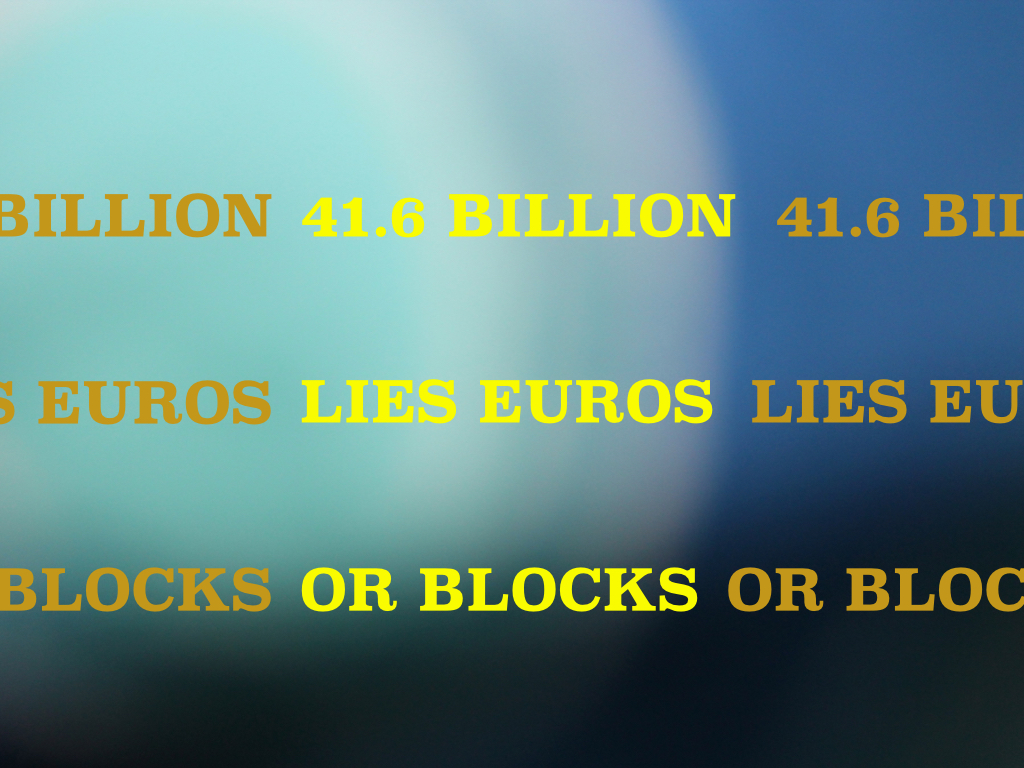
You're contributing a visual poem alongside this und. interview. Could you provide some context to the work, perhaps in relation to the image-making aspect of your own practice?
I am interested in how language can affect us visually. Both photography and visual poetry are part of my practice. I usually make photo narratives but sometimes photography and language coexist as in the case of Dissent, the visual poem I made especially for und.. It was created as a response to new public management, and the fact that governments have become “makers of contracts.” Those neoliberal contracts are against animals, plants, and the vast majority of people. The pictures in the poem are from the series Textures that captures (and alters) details from surfaces I notice in interior spaces and around Athens.
The new issue of A) GLIMPSE) OF), "Experiencing the Radical Body" is co-edited by Rebecca Wilcox and Dimitra Ioannou, and features works by Vahni Capildeo, Amy McCauley, Sasha Dugdale, So Mayer, and Vassiliea Franck-Lee Alli-Tis Stylianidou, among others. The magazine is running a crowdfunding campaign, which you can support here. You can also pre-order your copy on the official A) GLIMPSE) OF) website here.
